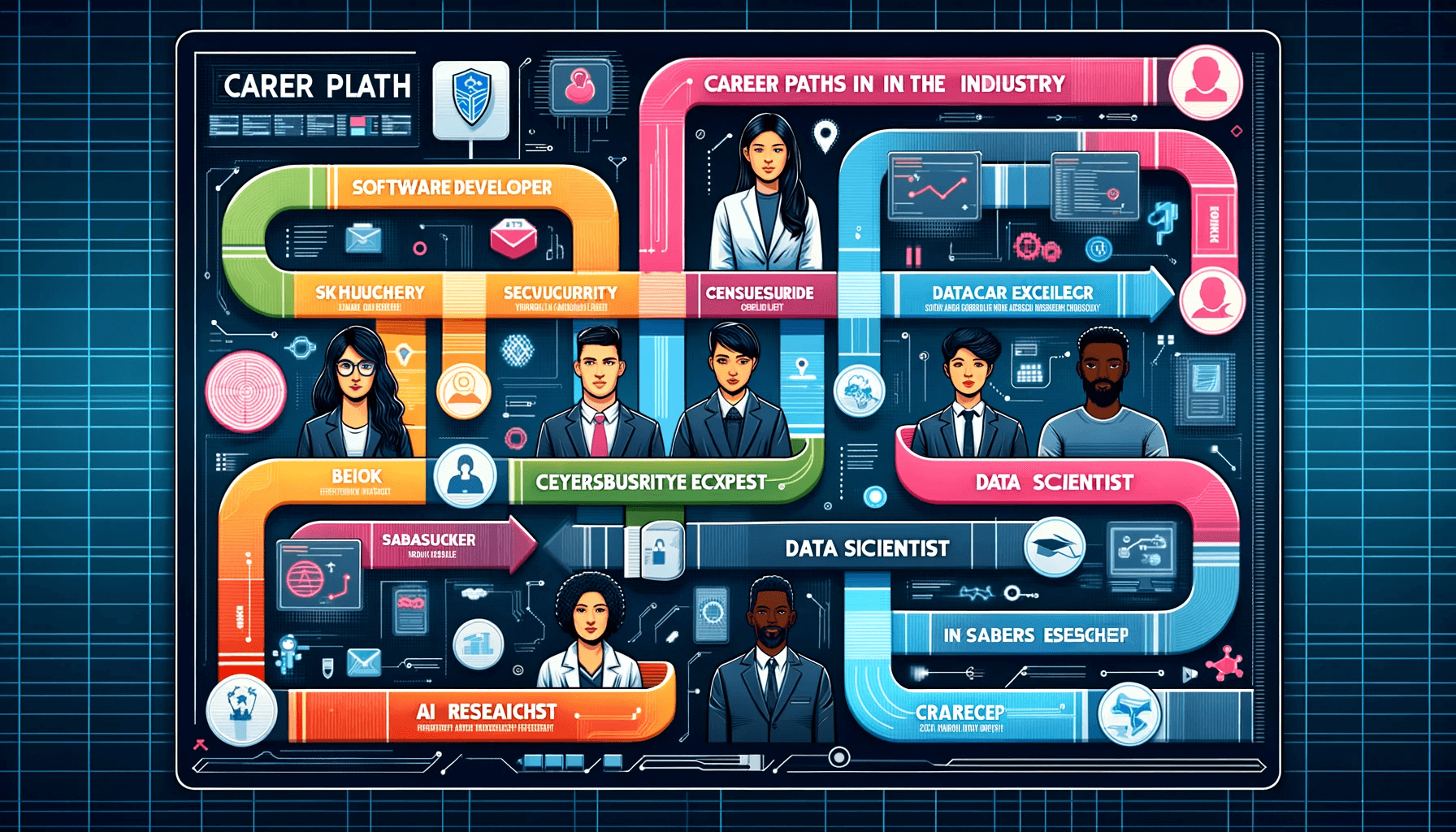In recent years, Artificial Intelligence (AI) has emerged as a groundbreaking force in various sectors, with education being one of the most significantly impacted domains. Integrating AI in education is not just altering teaching methodologies but also reshaping how students learn, educators teach, and how educational institutions operate.
Personalized Learning Experiences
One of the most profound impacts of AI in education is the ability to offer personalized learning experiences. AI algorithms can analyze students’ learning styles, strengths, and weaknesses, enabling the creation of tailored educational content. This approach ensures that each student receives instruction that suits their learning pace and style, leading to better engagement and improved outcomes.
Enhancing Teachers’ Roles
AI is also revolutionizing the role of teachers. With AI tools, educators can now spend less time on administrative tasks like grading and more time on actual teaching and interacting with students. AI-driven analytics can help teachers identify areas where students struggle, allowing for targeted interventions and support.
Interactive Learning Environments
AI has made learning more interactive and engaging. Educational software powered by AI can create immersive learning environments using virtual and augmented reality technologies. These tools make complex subjects more accessible and enjoyable, fostering a deeper understanding and curiosity among students.
Efficient Administration
AI’s role in the administrative aspect of education cannot be overlooked. From streamlining admission processes to managing student data, AI systems enhance efficiency and accuracy. This automation saves time and reduces the likelihood of human error, leading to smoother operations within educational institutions.
Bridging Educational Gaps
AI bridges educational gaps, particularly in remote or underprivileged areas. Through AI-driven platforms, quality education is becoming more accessible, breaking geographical and socio-economic barriers. Students from diverse backgrounds can access the same level of educational content, reducing disparities in learning opportunities.
Continuous Learning and Development
AI facilitates continuous learning and development. With the availability of AI-powered educational resources online, learners can continuously upgrade their skills and knowledge. This aspect mainly benefits adult learners who must balance education with other responsibilities.
Challenges and Ethical Considerations
Despite its benefits, the integration of AI in education comes with challenges. Concerns regarding data privacy, the digital divide, and ethical considerations in AI deployment are significant. Educational institutions must address these challenges responsibly, ensuring that AI is used in a beneficial and equitable way for all learners.
Conclusion
The role of AI in modern education is transformative and multifaceted. From personalizing learning experiences to enhancing administrative efficiency, AI is paving the way for a more inclusive, engaging, and effective educational system.
As this technology continues to evolve, it holds the promise of further revolutionizing the field of education, making learning more accessible and tailored to individual needs.




